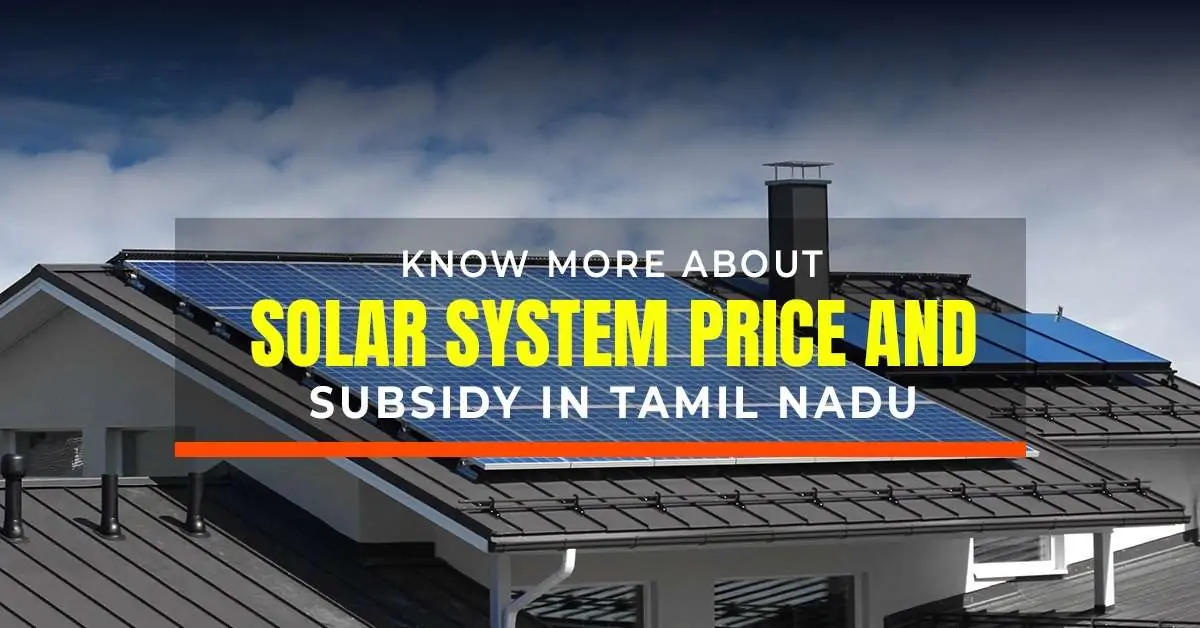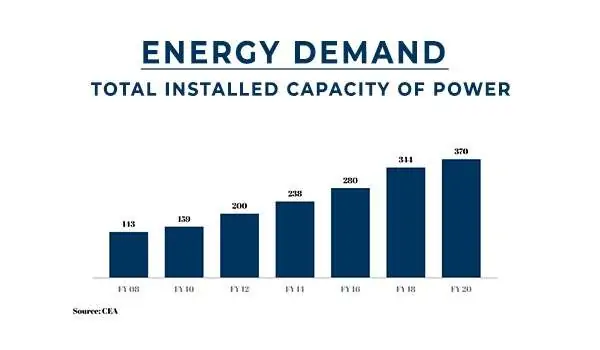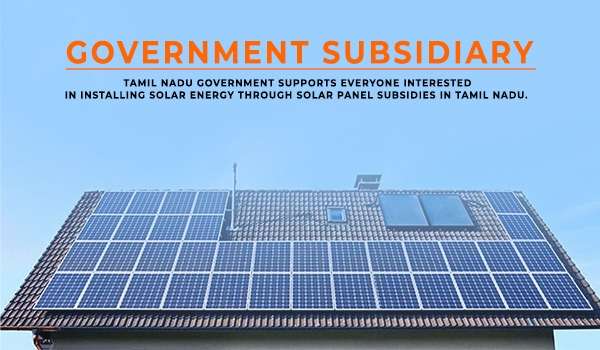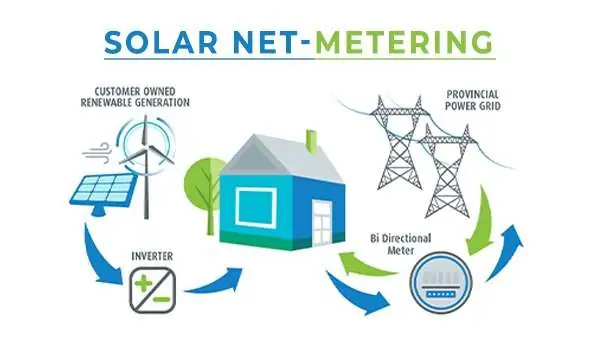Solar System Price And Subsidy In Tamil Nadu
powernsun2025-08-22T17:20:25+04:00Know More About Solar System Price And Subsidy In Tamil Nadu
Since there is more advancement in the solar energy sector, the cost of a solar panel system has drastically reduced. Solar energy appears to be an attractive choice for a self-reliant energy world and to reduce carbon footprint. India has its unique stand among the countries in the solar power world. However, the price seems to be one of the deciding factors when it comes to solar installation. Typically, the system price depends on various factors, this includes size and type of the system.
Speaking about Tamil Nadu, it has become a leader in the solar energy segment and there are notable initiatives to facilitate solar system installation. To have a better understanding of the price of a solar system, we should gather some profound insights.
Let us dive into how much a solar system costs in Tamil Nadu and what are subsidiaries offered by the Government in this blog.
The Solar System Price – Explained
There are two ways through which you can come up with the solar system cost.
- Cost per kilowatt-hour (cents/kWh)
This is beneficial while making the comparison between solar cost and grid energy.
- Price per watt ($/W) – This can be the best choice which enables the installer to compare with different solar system offerings.
What are the key factors that determine the price of solar panel installation?
- Type of solar panels
- Energy demand
- System size
- Quality of panels
- Installation costs
- Financing choices
- Government subsidiary
Type of panels
There are three major types of solar panels available that include:
- Monocrystalline
- Polycrystalline
- Thin Film Solar Panels
Above the other, there are also PERC-type solar panels. The major difference between all these kinds of panels is the type of material used. Most Efficient Are Mono crystalline PERC-type solar panels.
Energy demand
Based on your energy needs, the number of solar panels and the system size varies. Several factors help find out your particular electrical demands. The higher the electrical consumption, the larger the size of the system will be. The best to check your Electricity consumption is check your last 3 month electricity bill. While designing a solar system, you can discuss with a solar expert and consider your existing and future energy requirements and this helps in deciding the price of the system.
System size
A bigger system size needs more things to install and so the price of the system differs based on that. To say in simple words, if you are looking to cover your entire electricity consumption with a solar system, you need a solar system that covers 100% of your needs. The higher the electricity needs to be produced, the bigger the system size and cost increases based on that.
Quality of panels
Prices differ according to the quality of the panels. The quality of the solar panels matters a lot with a solar system price and this is based on the power rating and efficiency ratings of the panels.
Installation costs
When it comes to solar installation costs, the labor costs are usually determined by the region where you are living. Choosing an installation provider within your budget can be the best choice here.
Based on the National Renewable Energy Laboratory’s report, on average, labor costs contribute nearly 5.5% of the overall cost of a residential solar system.
Financing choices
There are various financial choices for installing a solar system. It includes leasing a system, loan choices, or a Power Purchase Agreement (PPA).
Besides the above, there are still more factors such as type of solar system, solar inverters, etc. that have their part in determining the solar system price.
Generally, a 1kW Solar System starts around Rs. 75,000 – 85,000, while a 10kW Solar System can be approximately Rs. 5,31,000 – 6,07,000.
Tamil Nadu Government supports everyone interested in installing solar energy through solar panel subsidies in Tamil Nadu. Tamil Nadu Energy Development Agency (TEDA), which has been set up in 1984 is aimed at creating awareness of switching from traditional resources to renewable energy.
Diverse Central Financial Assistance (CFA) schemes have been launched by the Indian Ministry of New and Renewable Energy (MNRE). These are intended to support the growth of solar energy in India and hope to accomplish an energy target of 100 GW of electricity usage.
The Union government allows the user to avail 40% subsidy to install roof-top solar panels. Under the rooftop solar subsidy scheme, up to 20%, subsidy can be availed for solar panels ranging from 3-10 KW.
Based on the Solar Rooftop Capital Incentive Scheme (2013) of the Chief Minister, consumers can avail of up to a subsidy of Rs.20,000 for installing Solar PV plants at their homes.
Subsidy to the residential sector – 4GW
- CFA at 20% – applicable for > 3 kWp and up to 10 kWp
- CFA at 20% – applicable for up to 500 kWp, suitable for Residential Welfare Associations (RWA) and Group Housing Societies (GHS).
This system provides monetary compensation for the extra solar energy produced by the system and the benefit can be availed by sending it back to the grid.
How to apply for this scheme?
Step 1:
An application has to be sent to TANGEDCO, addressing the office of the Executive Engineer.
Step 2:
Technical feasibility is checked by TANGEDCO for the solar system
Step 3:
Installation of solar PV system ( Note: Should be done within 6 months of Technical Feasibility Intimation Letter)
Step 4:
After informing TANGEDCO, an inspection will be done for the solar system
Step 5:
A bidirectional service connection meter will be connected to the grid
The bright side of solar system subsidy in Tamil Nadu
This is a notable step from the state Government to encourage those who are passionate about moving to solar to fulfil their energy needs. Consumers installing solar systems under this subsidy scheme are assured of protection under the subsidy guidelines. Also, it authorizes the vendors enrolled under the scheme to manage the RTS systems for 5 years.
Let us take the country close to ‘Solar’ by benefiting from Tamil Nadu Government’s subsidies.





